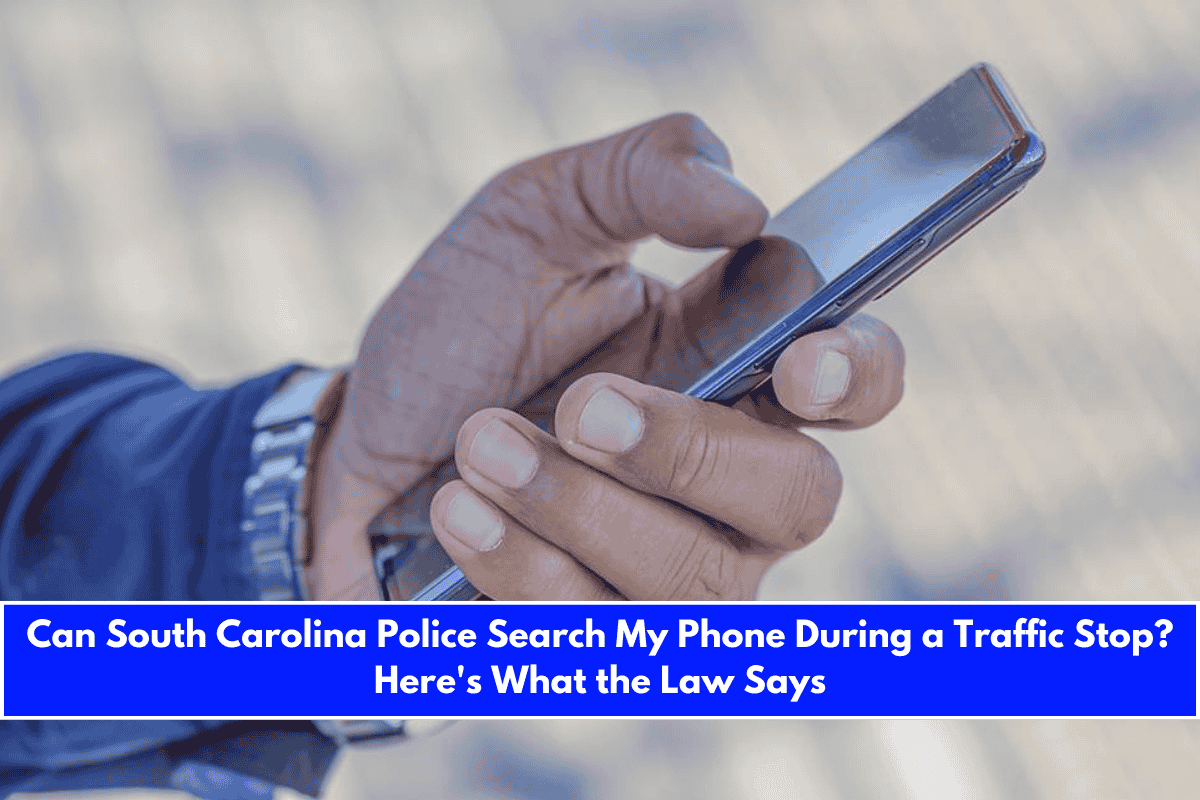In today’s digital world, our smartphones hold a vast amount of personal information. If you’re pulled over for a traffic stop in South Carolina, you may wonder whether police officers have the right to search your phone. Here’s a clear breakdown of your rights and what the law says about phone searches during traffic stops in South Carolina.
Your Rights Under the Law
- Warrant Required: Police officers cannot search your phone without a warrant. This protection is based on the Fourth Amendment and has been reinforced by key Supreme Court decisions, including Riley v. California (2014) and Carpenter v. United States (2018).
- No Consent, No Search: You are not legally required to hand over your phone or provide your password unless officers show you a valid search warrant. If asked, you can politely state, “I do not consent to a search.”
- Emergency Exception: The only exception is in rare emergency situations-such as an immediate threat to life or safety-where police may access your phone without a warrant. This is extremely uncommon during routine traffic stops.
What Should You Do If Asked?
- Stay Calm and Respectful: You can comply with general instructions without giving up your rights. If an officer asks to search your phone, politely decline unless they have a warrant.
- Do Not Unlock Your Phone: Never unlock your phone or hand it over unless you see a valid warrant.
- Know Your Other Rights: You also have the right to remain silent and to refuse a search of your vehicle unless police have probable cause or a warrant.
Summary Table
| Situation | Can Police Search Your Phone? |
|---|---|
| Routine traffic stop | No, not without a warrant |
| With your consent | Yes, if you agree |
| Emergency/threat to safety | Possibly, but very rare |
| With a valid search warrant | Yes |
In South Carolina, your phone is protected during a traffic stop. Police need a warrant to search it, and you are not required to provide access unless they show you a court order or there is a true emergency. Knowing your rights can help you protect your privacy and respond confidently if the situation arises.
Sources:
- https://shealeylaw.com/rights-during-a-traffic-stop/
- https://www.snelllaw.com/blog/2023/august/can-police-search-social-media-without-a-warrant/
- https://mylolowcountry.com/usa-laws/can-south-carolina-police-search-my-phone-during-a-traffic-stop-heres-what-the-law-says/
- https://www.govtech.com/public-safety/can-police-search-your-phone-during-a-traffic-stop











Leave a Reply